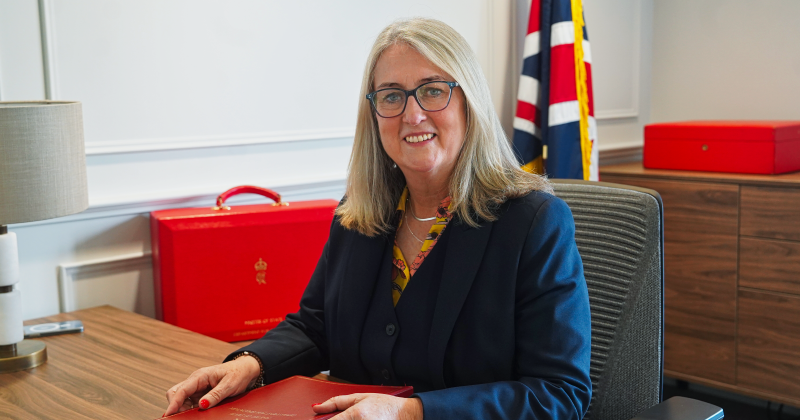A minister has said she is “frustrated” with her own government’s delay at publishing a national survey on behaviour in schools.
Since 2023, government has published its annual ‘national behaviour survey’ which gives an insight into the level of disruption in England’s classrooms.
However last year’s report, due to be published in Spring, has not yet surfaced.
Speaking in the House of Lords yesterday, Conservative peer Baroness Penn said the report would be a “key milestone” in reviewing the effect of the previous government’s mobile phone restrictions.
The Conservatives introduced guidance last year which asked schools to ban mobile phones, but they refused to make the advice statutory – which would have enforced such bans.
However, Penn said the previous government planned to “keep the approach under review” and “move to introduce statutory guidance if the situation had not improved”.
Now in opposition, the Conservatives are pushing for an enforceable ban on phones in schools.
While nearly all schools restrict use of mobiles now, the vast majority of secondaries do not ban mobiles altogether on the school site, data suggests.
In response to Penn’s question, skills minister Jacqui Smith said: “I share her frustration about when the survey will be published. That is all I can say about it.”
The Department for Education said it had nothing further to add to Smith’s comments.
Last year’s survey, published in April, found schools are losing almost a quarter of lesson time to poor behaviour, as leaders warned of worsening issues and a growing impact on their wellbeing.
In May 2023, 76 per cent of teachers reported that misbehaviour “stopped or interrupted teaching” in at least some lessons in the past week, up from 64 per cent in June 2022.
The comments were made in the latest schools bill debate, which is now moving through the House of Lords who are discussing amendments.
‘Time to step up on social media’
Monday’s session saw an amendment tabled by former academies minister Lord Nash to ban under 16s from accessing social media. Another amendment, from another former academies minister Baroness Barran, was to ban smartphones during the school day.
On social media, Nash pointed to many countries already implementing or planning bans.
“We take children’s safety seriously in areas such as smoking and alcohol; now is the time to step up to the plate on social media,” he added.
But Smith said while there is an “enormous amount of evidence in this area … overall, the scientific evidence on the impacts of social media and screen time on children and young people is mixed”.
“There is no clear scientific consensus on a negative impact from screen time and social media use on the mental health and neurological or functional development of children and young people.
‘No clear consensus’
“There is a large amount of discussion in this area whereby correlation is confused with causality, but that brings upon government a responsibility to build the evidence base, which is what we are doing.”
She said the Department for Science, Innovation and Technology is “commissioning a systematic review to understand the impact of smartphones and social media on children’s well-being”.
Government is also “monitoring and learning from wider developments internationally” and policy will “remain agile in light of this emerging evidence base”, she added.
But Nash said the response “sounds to me like statisticians wanting 100 years of evidence before they say the case is proven. The time is now. How much more evidence do we need? How much more damage do we need to see before we act?”
















Your thoughts